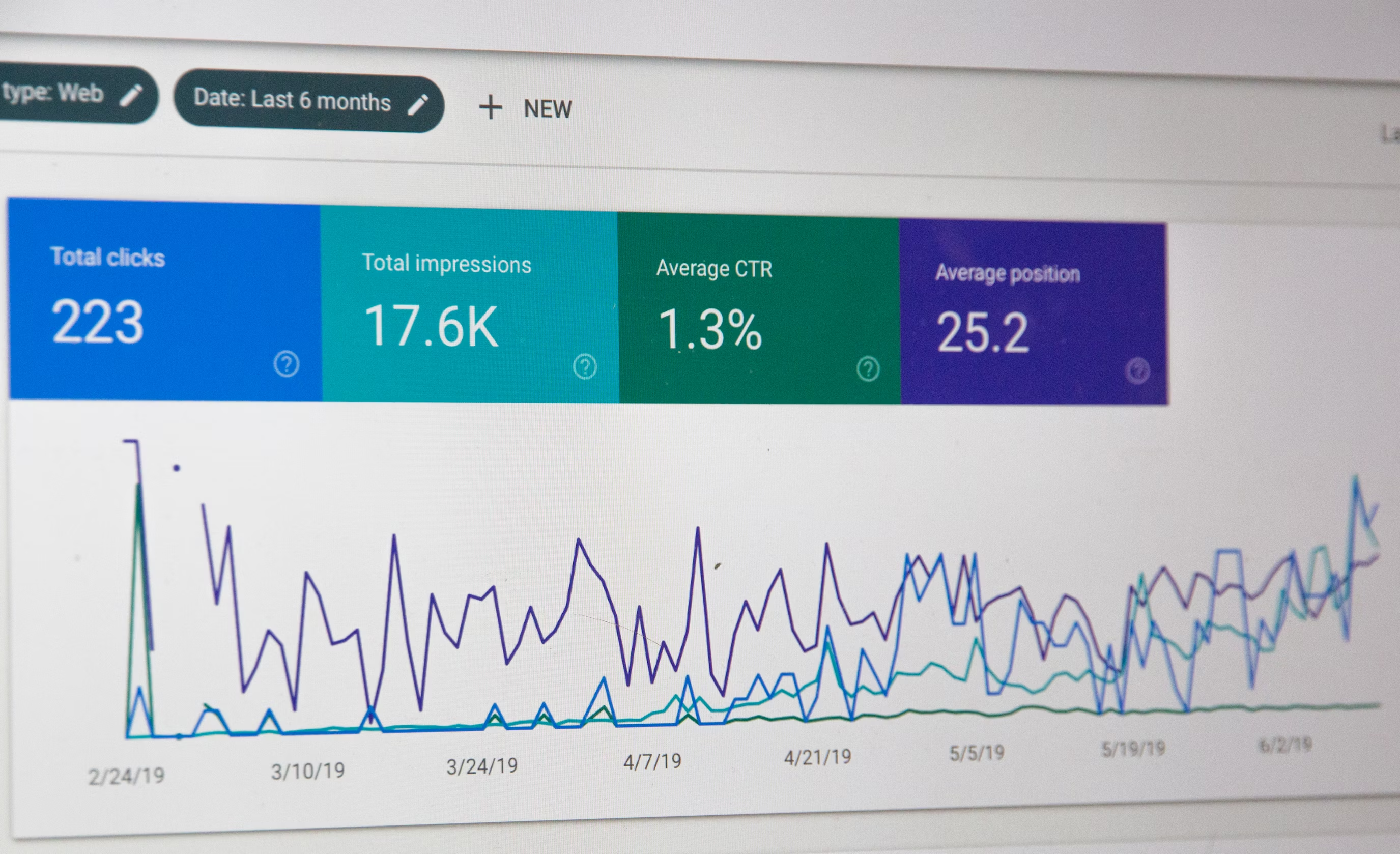Retirement Planning
Retirement planning is a crucial process that prepares you for a comfortable and financially secure retirement. It involves evaluating your current financial situation, setting clear retirement goals, and developing a strategy to achieve those goals. Effective retirement planning ensures that you have the resources you need to maintain your desired lifestyle and handle any unexpected expenses in your later years.
Assessing Your Financial Situation
Before you can create a successful retirement plan, it is essential to conduct a thorough assessment of your current financial situation. Start by evaluating your income, savings, investments, and any outstanding debts. This comprehensive analysis will help you understand where you stand financially and identify areas that may need adjustment. Consider factors such as your current expenses, potential future expenses, and any sources of retirement income such as pensions or Social Security. By having a clear picture of your finances, you can make informed decisions about how to prepare for retirement.

Setting Goals and Priorities
Once you have assessed your financial situation, the next step is to define your retirement goals and priorities. Think about what you want your retirement to look like—whether it involves traveling, pursuing hobbies, or simply enjoying time with family. Determine the lifestyle you wish to maintain and the financial resources required to support that lifestyle. Setting clear, achievable goals will help you stay focused and motivated as you work towards building your retirement savings. Prioritizing these goals will also enable you to allocate your resources effectively and make adjustments as needed.


Developing Your Plan
With your financial assessment and retirement goals in hand, you can now develop a detailed retirement plan. Start by outlining a savings strategy that includes how much you need to save each month to reach your retirement goals. Consider various investment options that align with your risk tolerance and time horizon. Your plan should also include strategies for managing your retirement income and expenses, such as budgeting for healthcare costs and planning for inflation. Regularly reviewing and updating your plan will help you stay on track and make necessary adjustments as your financial situation and retirement goals evolve.